Medicorum consilia in infirmitate Francisci Mariae II urbini ducis (Physicians’ Consilia Regarding the Illness of Francesco Maria II, Duke of Urbino)
David de Pomis
1592
Although I have judged you, most serene Duke, to be the very wisest and most learned of all princes, and have perceived you to be very skilled in all of philosophy and the mathematical disciplines, it is nevertheless very easy to err in one’s own regimen of health, and I have thought it a good idea, and one without any risk of being inappropriate…
Related Guide
Early Modern Trade and Mercantilism
International trade drove Jewish mobility during the age of mercantilism, as Jewish merchants formed wide commercial networks and partnerships and developed cosmopolitan attitudes that facilitated civic inclusion.
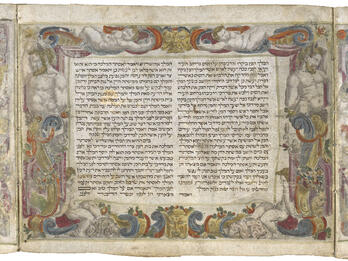
Related Guide
Early Modern Italy: Where East and West Meet
Ashkenazim, Sephardim, and Marranos encountered each other in Italian cities, developing community structures that later influenced Jewish communal organization throughout the western world.
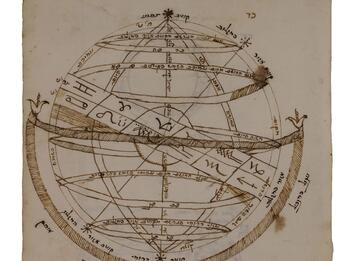
Related Guide
Education and Scholarship
The early modern period featured educational reforms, anti-Christian polemics, and growing Jewish university participation.
Creator Bio
David de Pomis
Born in Spoleto, David de Pomis was descended from a distinguished Roman family, traditionally recognized as one of four Jewish families brought to Italy by Titus. After studying medicine and philosophy in Perugia, de Pomis settled in Magliano, where he became a rabbi and a physician. However, following the decree of Pope Paul IV in 1555 forbidding Jewish physicians to attend Christians, he embarked on a period of wandering. De Pomis finally settled in Venice in 1569. He became the most famous Jewish physician in the city at the time and was granted permission to attend Christians by Pope Pius IV. De Pomis’s De medico Hebraico enarratio apologica (1588) is a defense of the Jewish physician. De Pomis was also a linguist and is most famous for his Tsemaḥ David (The Sprout of David; 1587), a trilingual dictionary (Hebrew, Latin, and Italian), which he dedicated to Pope Sixtus V (1521–1590). De Pomis translated Ecclesiastes into Italian and wrote numerous medical treatises. Other works (such as his commentaries on Job and Daniel) were never printed.
You may also like
Sefer ha-ḥayim (The Book of Life)
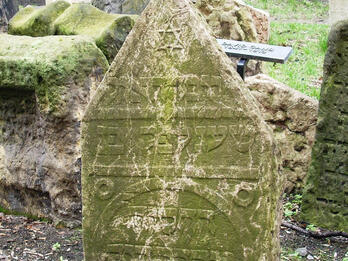
Tombstone of David ben Solomon Gans
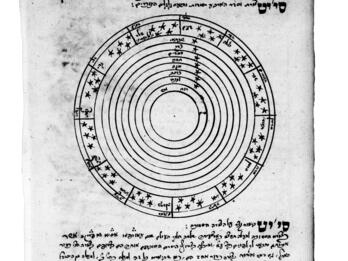
Neḥmad ve-na‘im (Nice and Pleasant)

Illustration of the (Aristotelian) Cosmos
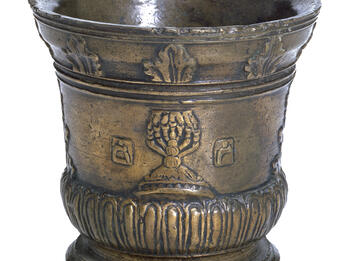
Medicus politicus (The Physician for the Public Good)



